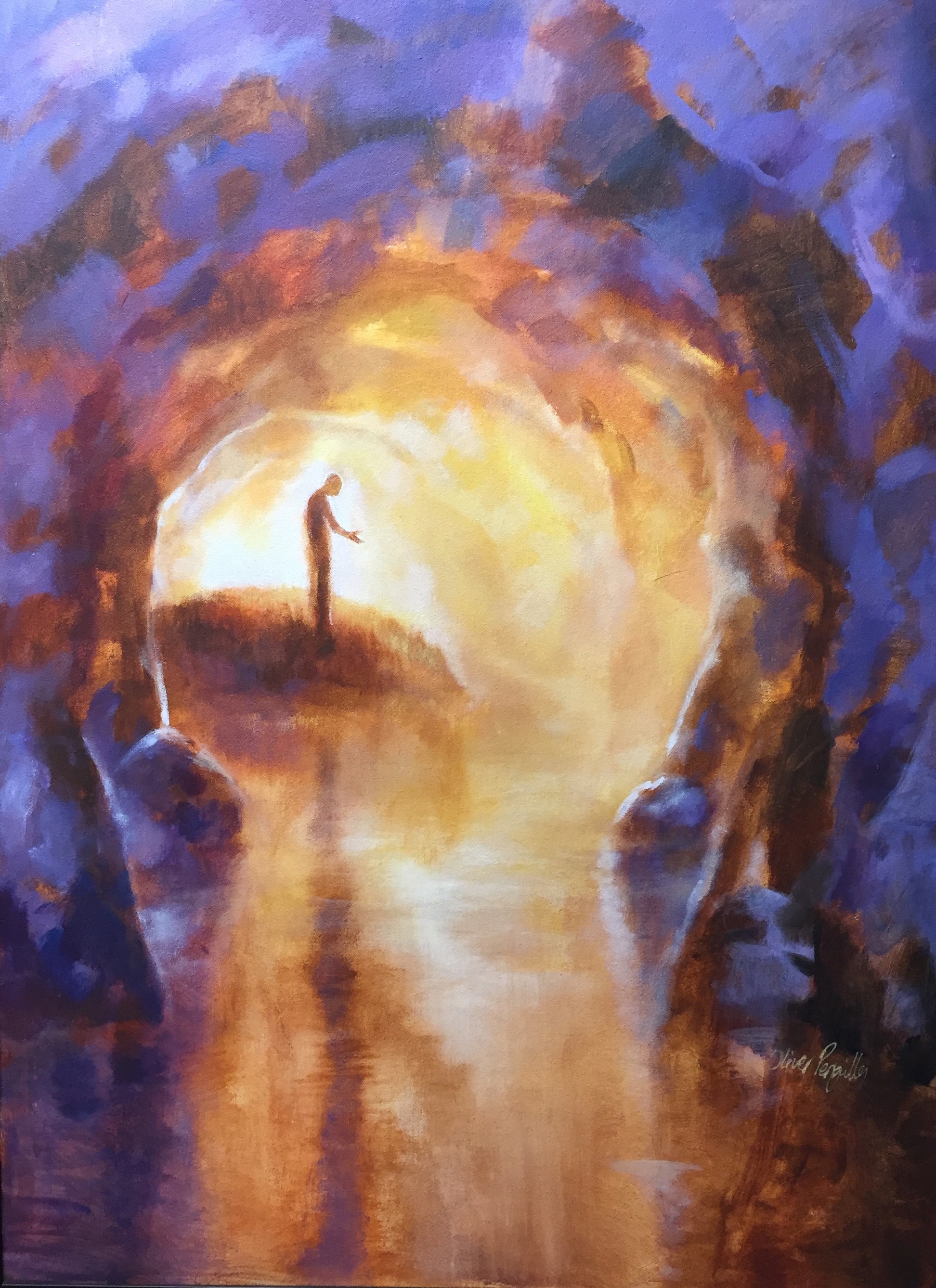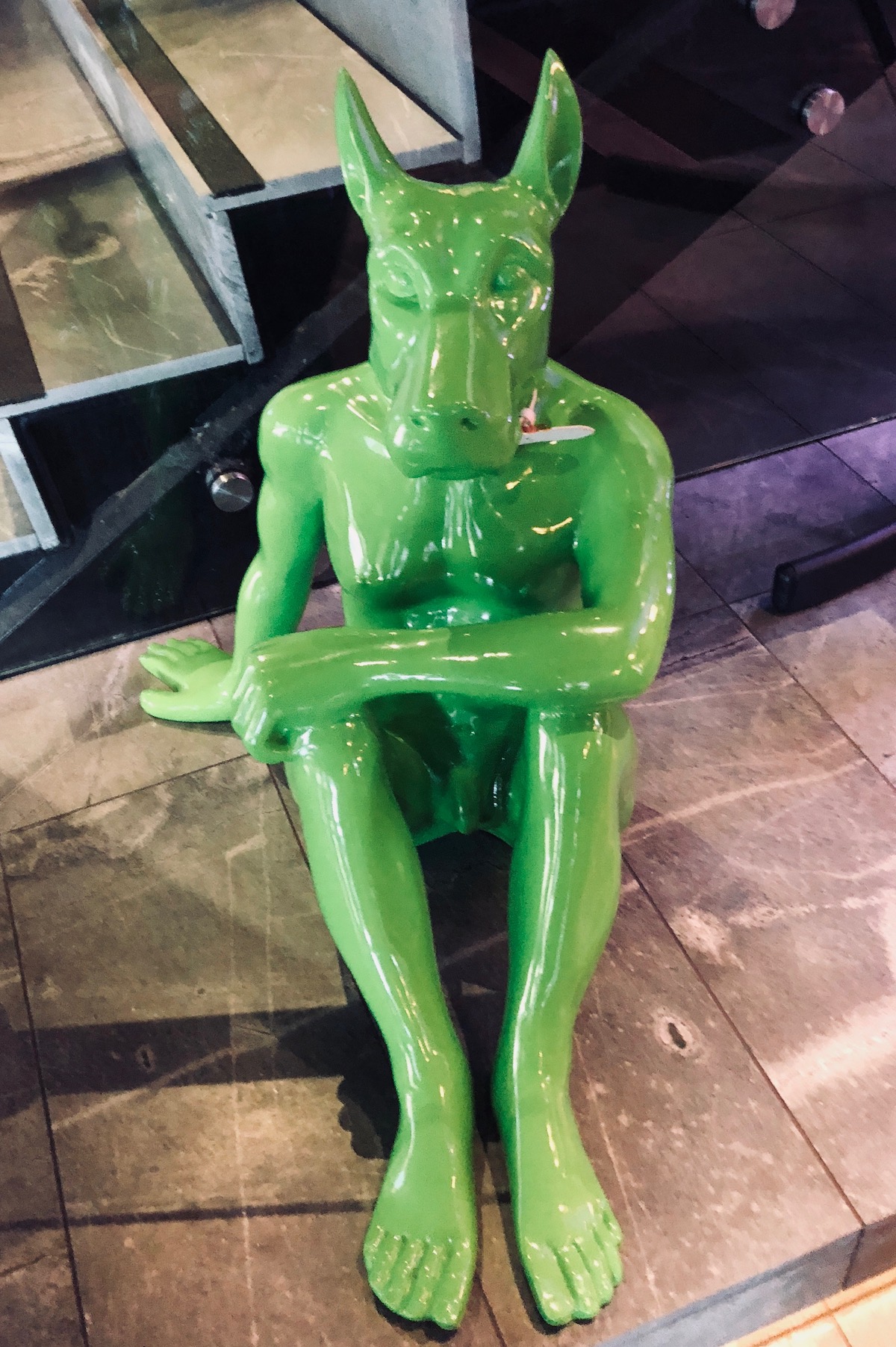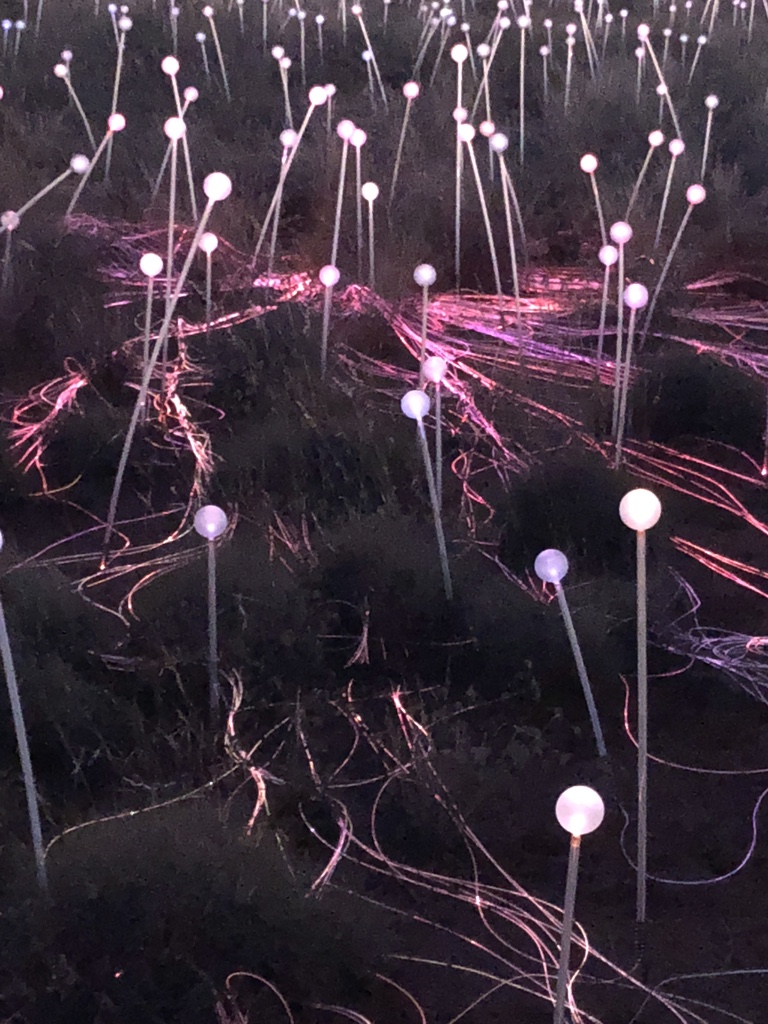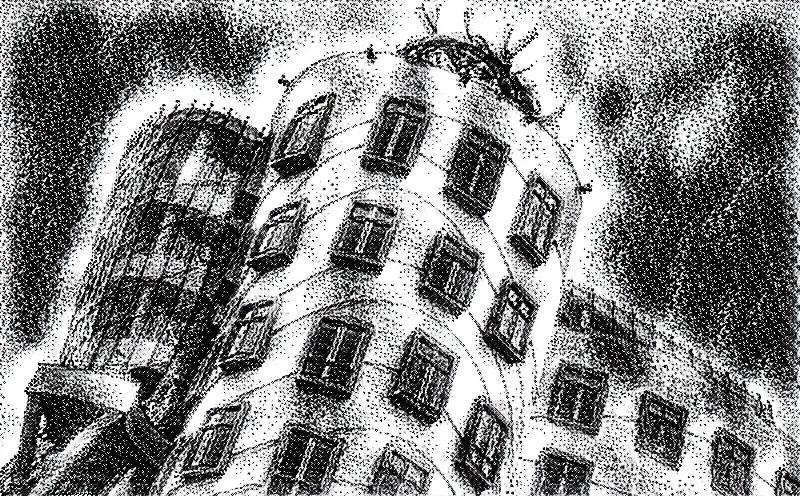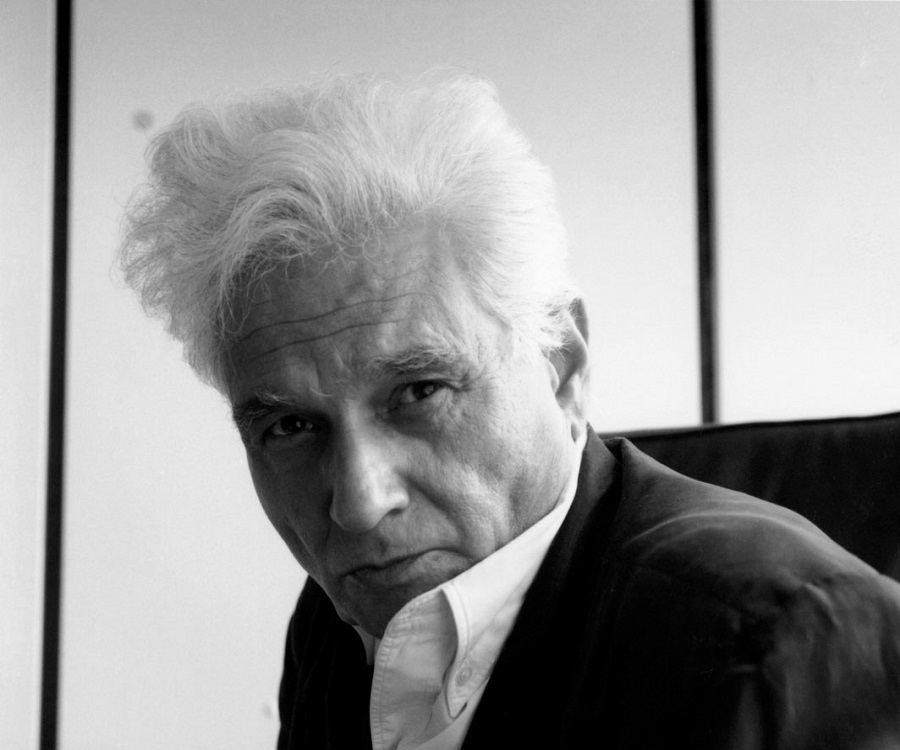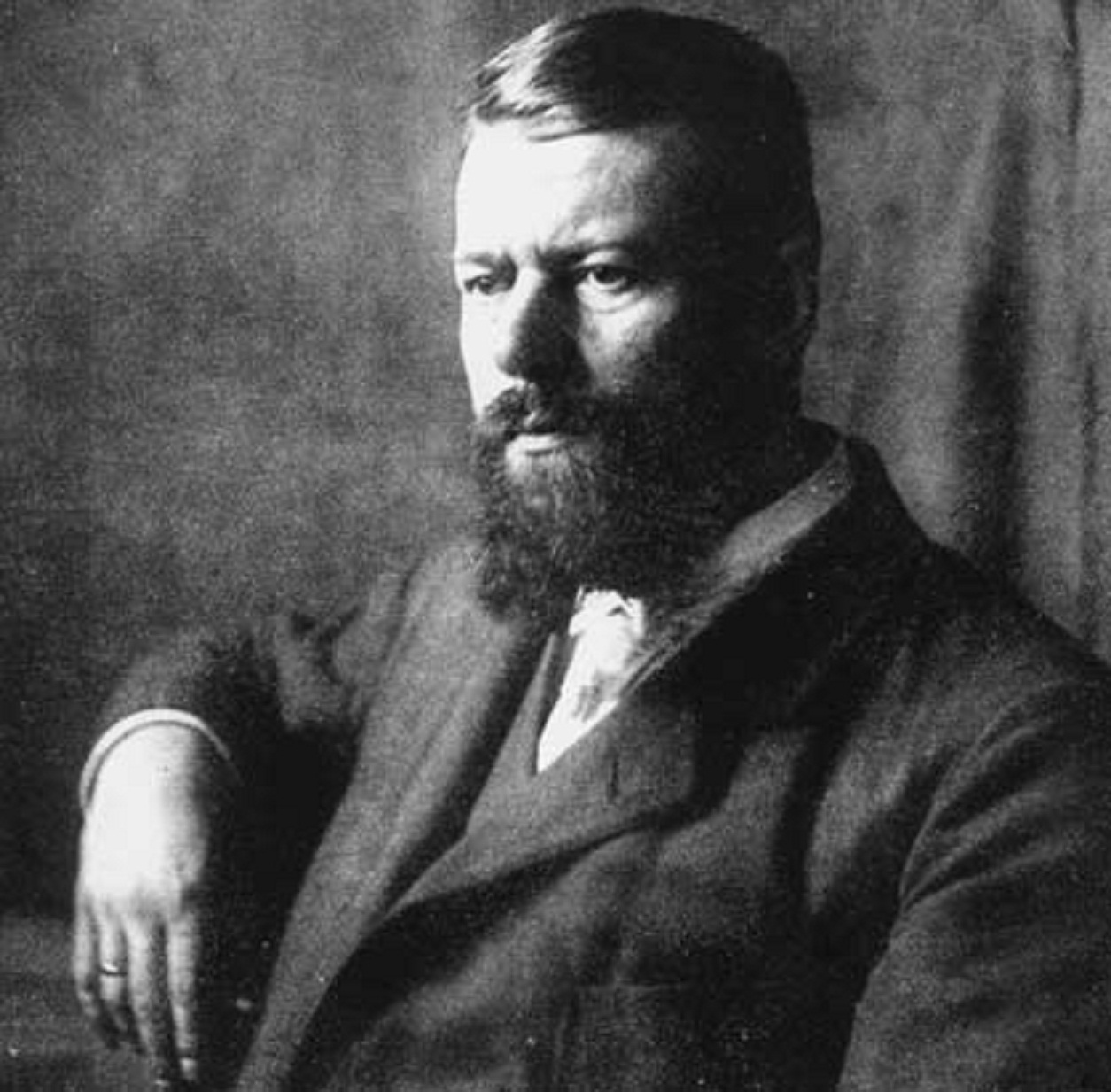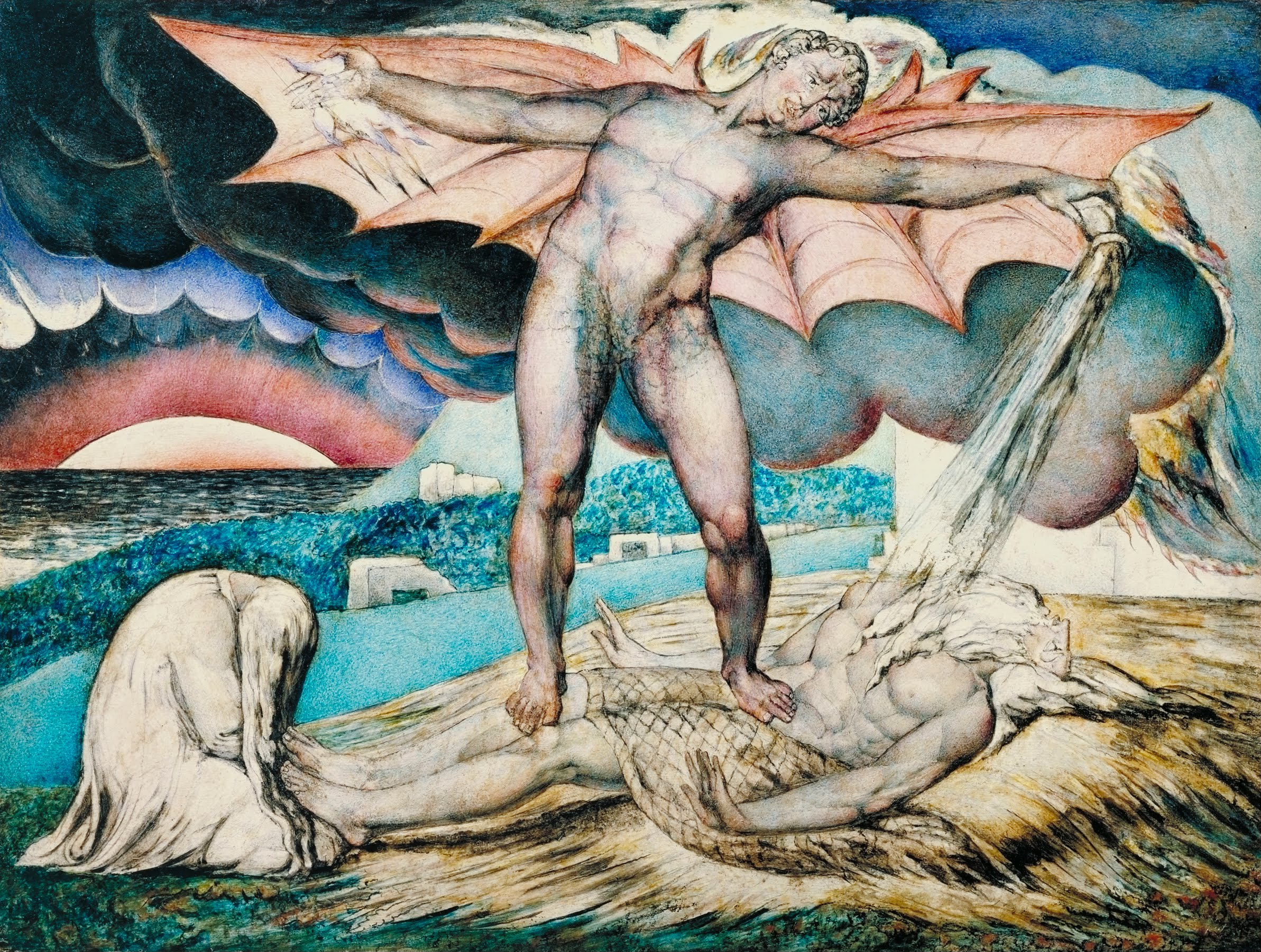The following is the third installment of a three-part series. The first can be found here. The second one can be found here. The transition to full speech is the moment when one realizes in a holistic way that one is always dependent on the Other. The symbolic order determines our ‘existence,’ but it is at […]
Author: editors_religioustheory
Lacan As “Spiritual Director” – On The Relationship Between Psychoanalysis And Christian Mysticism, Part 2 (Mark Murphy)
The following is the second installment of a three-part series. The first can be found here. What Does Lacan Mean When He Says That Spiritual Direction is a Demand for Truth? Lacan is first clear in stating that spiritual direction was a demand for truth. It is telling that he does not equate it with […]
Lacan As “Spiritual Director” – On The Relationship Between Psychoanalysis And Christian Mysticism, Part 1 (Mark Murphy)
The following is the first installment of a three-part series. Introduction Spiritual direction is defined as the help one gives to another in developing one’s relationship with the sacred, while the treatment of psychological symptoms is what defines the psychological[1]. One can see the similarities between what we can call the analytic situation and the […]
Negative Theology And Its Problems: Barth And Marion, Lecture 3 (Johannes Zachhuber)
The following is the third lecture in an eight-lecture series. I have described in last week’s lecture how, during the 19th century, some serious challenges arose to theological thinking about God. I have not included in this account cases of pure materialism or atheism which consist in little more than a denial of traditional claims […]
The Dangers Of Dealing With Derrida – Revisiting the Caputo-Hägglund Debate On The “Religious” Reading Of Deconstruction, Part 3 (Neal DeRoo)
The following is the third installment of a three-part series. The first one can be found here, the second here. Revisiting Another Debate But one could embrace another prevalence for deconstruction, what we have here been calling the ‘extra-logical’ factors of deconstruction, its contextualizations, its context. It is precisely this claim that Caputo puts forward—not that the […]
The Dangers Of Dealing With Derrida – Revisiting the Caputo-Hägglund Debate On The “Religious” Reading Of Deconstruction, Part 2 (Neal DeRoo)
The following is the second installment of a three-part series. The first one can be found here. Deconstruction in Context If deconstruction problematizes the idea of a ‘pure’ logical structure, devoid of content or any other extra-logical factors, then we find ourselves forced, by deconstruction’s own logic, to question the extra-logical factors of that logic. […]
The Dangers Of Dealing With Derrida – Revisiting the Caputo-Hägglund Debate On The “Religious” Reading Of Deconstruction, Part 1 (Neal DeRoo)
The following is the first of a three-part series. On the surface, the debate between John D. Caputo and Martin Hägglund in the Spring 2011 edition of The Journal of Cultural and Religious Theory seems to be a straightforward discussion between mutually opposing views on religion—on the one hand, Caputo, who claims an essentially “religious” reading […]
Beyond Religious Ideas – The Legacy Of Max Weber In Critical Theory And Critical Religion (Joel Harrison)
This article was initially published in The New Polis, March 23, 2018. In his essay “The Failure of Nerve in the Academic Study of Religion,”[1] Donald Wiebe heralds a courageous return to the Enlightenment principles which once characterized the “science of religion,” particularly in the nineteenth century. Just a year after he first published the […]
The Critique Of Theism – Kant, Hegel, Feuerbach, Nietzsche, Lecture 2 (Johannes Zachhuber)
The following is the second lecture in an eight-lecture series. The first can be found here. I introduced these lectures last week by pointing out the unique situation within which our thinking of God is situated. Intellectual developments over the past two hundred years have meant that discourse about God has increasingly become both more […]
Mischief, Idolatry, And The Demonic – Toward A Hermeneutic Of Play, Part II (Kevin Lewis)
The following is the second part in a two-part installment. The first part can be found here. III. We proceed first by a reminder of Scripture itself (which makes no claim to be taken “literally”) and, specifically, of the references to the demonic (the Devil, Satan, Beelzebub) scattered through the Synoptics, the Pauline letters, and […]
